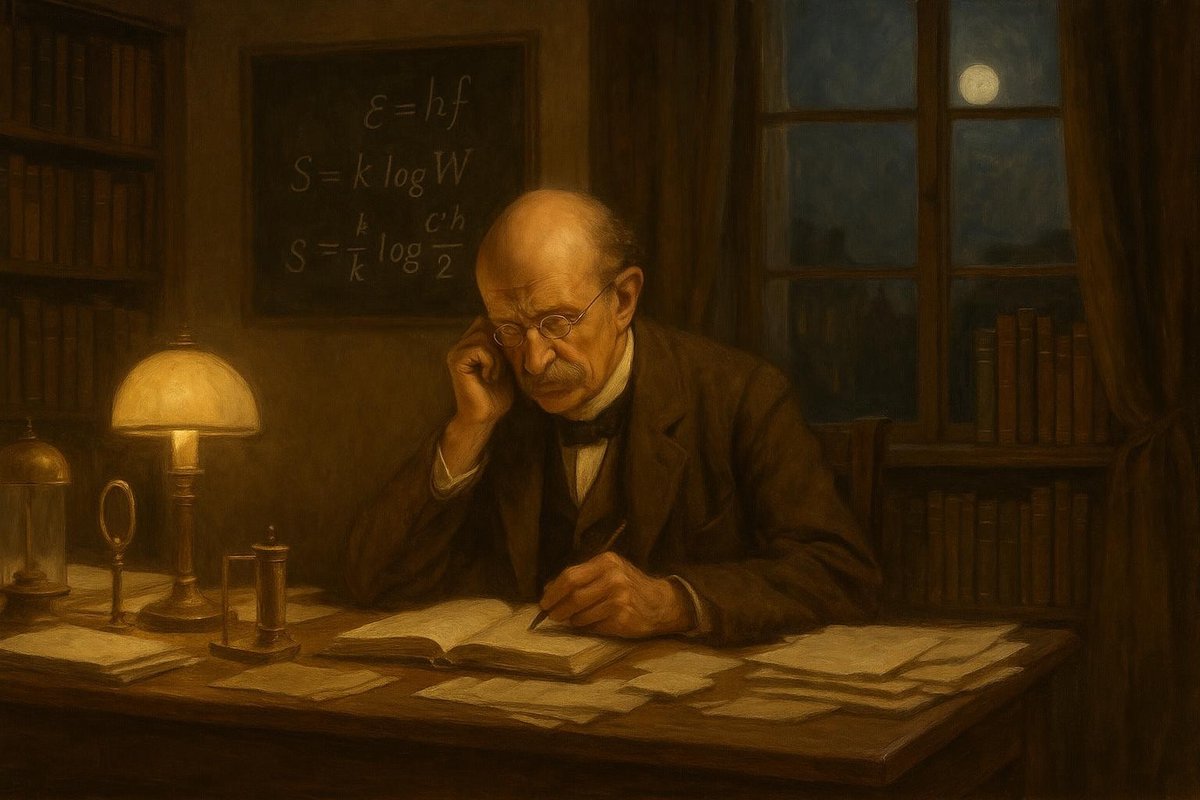
Unpacking the Quantum Question
Why do electrons behave like tiny solar systems, orbiting a central nucleus? It’s a question that puzzled scientists for years. Interestingly, the answer isn’t as simple as it seems. Before the dawn of the 20th century, classical mechanics struggled to explain atomic phenomena. The behavior of energy at atomic scales defied the predictions of Newtonian physics.
In the late 1800s, physicists believed that energy was continuous. However, this assumption led to the ‘ultraviolet catastrophe,’ a major discrepancy between theory and observation at short wavelengths. The inability of classical physics to explain black-body radiation was the spark that ignited a revolution.
- Classical physics predicted infinite energy at ultraviolet wavelengths.
- Real-world observations showed a peak followed by a decline.
- This conundrum set the stage for quantum mechanics to emerge.
Max Planck, a German physicist, was driven to find a solution. His groundbreaking idea of quantized energy levels introduced in 1900 was revolutionary. Planck’s hypothesis went against the prevailing wisdom but provided a much-needed framework for understanding atomic and subatomic processes.
Surprising Facts About a Quantum Leap
In 1900, Max Planck proposed something radical: energy comes in discrete packets or ‘quanta,’ not as a continuous wave. This idea, surprisingly, wasn’t immediately embraced. Many people believed classical mechanics was complete, requiring no quantum intervention. Yet, Planck’s quantization provided answers to lingering questions about black-body radiation.
Why did this matter? Consider the analogy of climbing a staircase. Unlike a ramp where elevation changes smoothly, a staircase allows only specific height increments. This discrete nature of energy challenged the continuity assumed by classical physics.
- Planck’s constant (h) quantified the smallest possible unit of energy exchange.
- This constant became a foundational element of quantum theory.
- Planck’s work helped explain phenomena that classical physics couldn’t.
Planck himself was initially skeptical of his own idea’s implications. As time went on, scientists like Albert Einstein and Niels Bohr expanded on his work, cementing the quantum framework that continues to shape our understanding of the universe.
What Science Says About Quantum Mechanics
What does quantum mechanics really tell us about the universe? It reveals that at atomic and subatomic levels, nature doesn’t behave according to classical laws. For example, electrons don’t follow fixed orbits like planets. Instead, they exist in probabilistic clouds, a notion that defies classical intuition.
Niels Bohr, building on Planck’s work, introduced the Bohr model in 1913, which explained that electrons occupy discrete energy levels. Although later replaced by more sophisticated models, it was a pivotal step in quantum theory.
- Quantum mechanics explains the dual particle-wave nature of particles.
- It provides the basis for technologies like semiconductors and lasers.
- Quantum theory is essential for understanding chemical bonding and reactions.
Debates abounded about the philosophical implications. Einstein famously objected to quantum indeterminacy, stating, “God does not play dice with the universe.” Yet, despite philosophical disputes, the practical successes of quantum mechanics are undeniable.
What It Means for Us Today
How does Planck’s quantum leap affect us? Well, without quantum mechanics, modern technology as we know it wouldn’t exist. The theory underpins the operation of computers, smartphones, MRI machines, and more.
Besides technological advancements, quantum mechanics challenges our understanding of reality. It forces us to reconsider notions of certainty and predictability.
- Quantum entanglement suggests particles can affect each other instantaneously, regardless of distance.
- The Heisenberg Uncertainty Principle limits our knowledge of a particle’s position and momentum.
- These concepts have inspired both scientific exploration and philosophical reflection.
Many believe that as we delve deeper into quantum theory, new ideas and technologies will emerge, reshaping our world further. The journey that Planck began continues to unfold, offering both answers and new mysteries.
In conclusion, Max Planck’s introduction of quantized energy levels marked the dawn of a new era in physics. It challenged classical assumptions and laid the groundwork for a deeper understanding of the universe. Quantum mechanics isn’t merely a scientific theory—it’s a lens through which we view the intricate tapestry of existence.
Fuel Someone Else’s Curiosity
If this exploration of quantum mechanics sparked your imagination, share it with others! Invite friends and family to ponder the mysteries of the universe. Who knows what new questions might arise, leading us to even more profound discoveries? Curiosity knows no bounds, and together, our understanding can only grow richer.

Leave a Reply